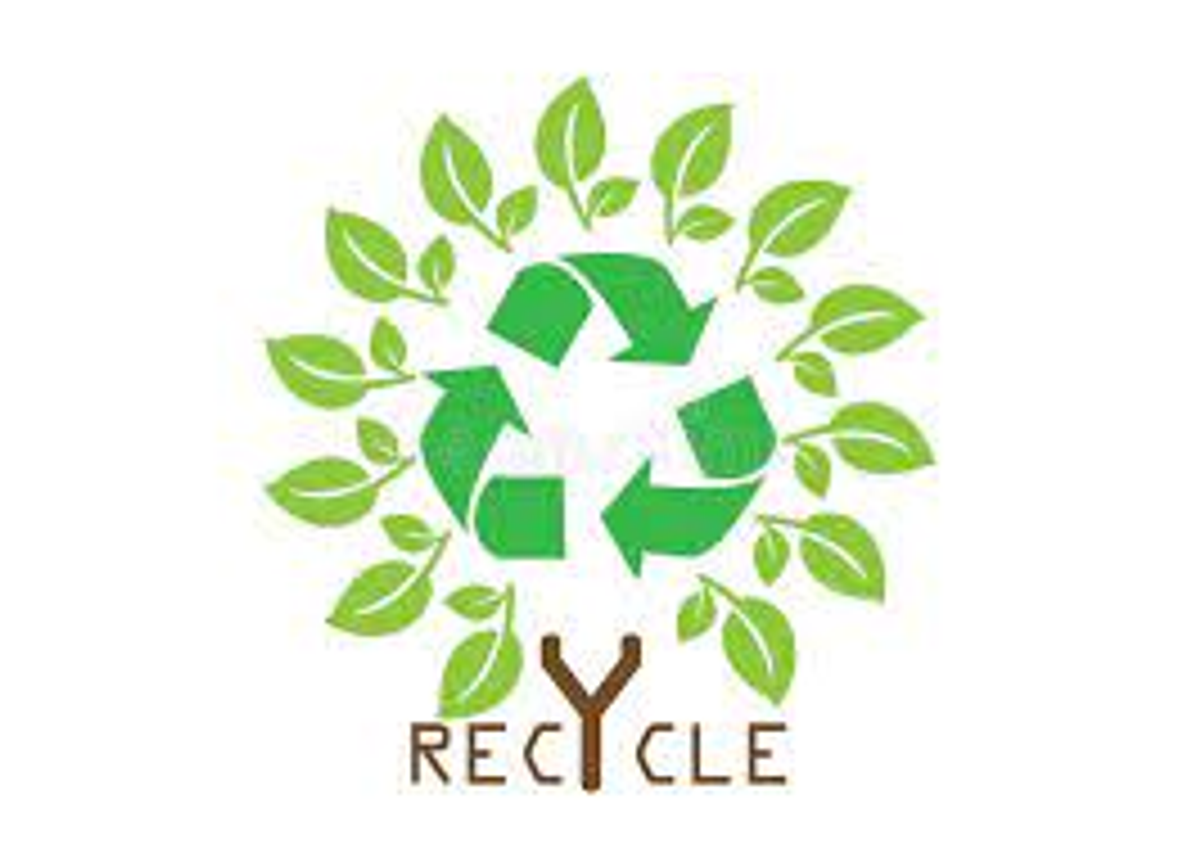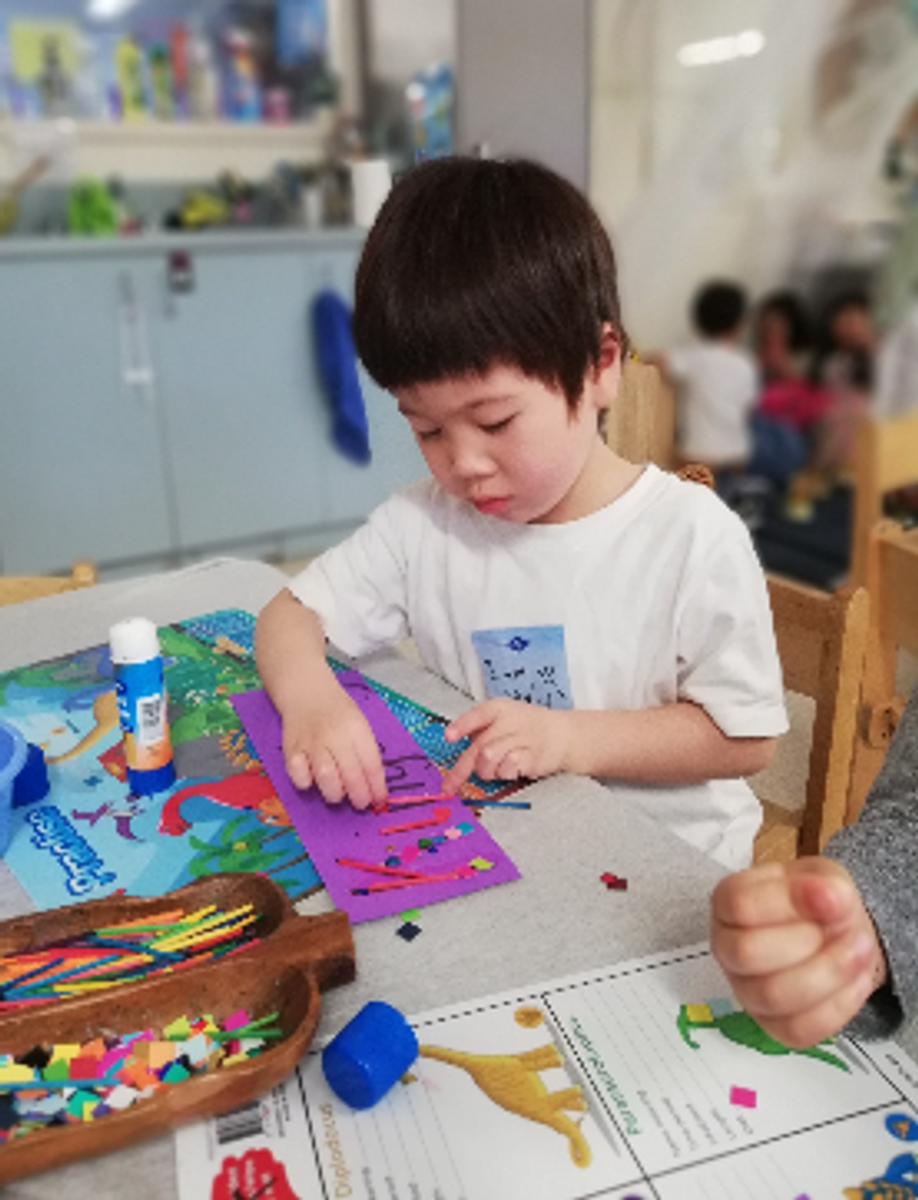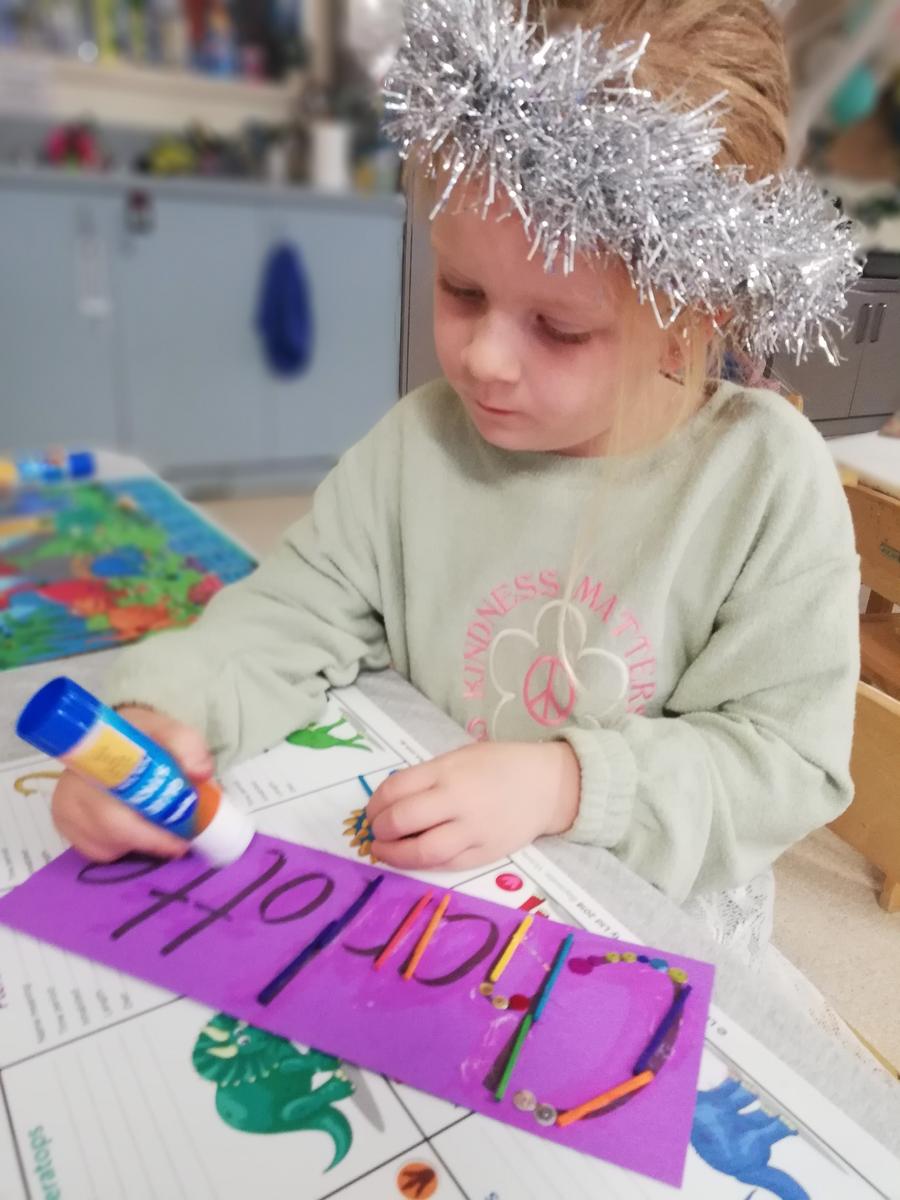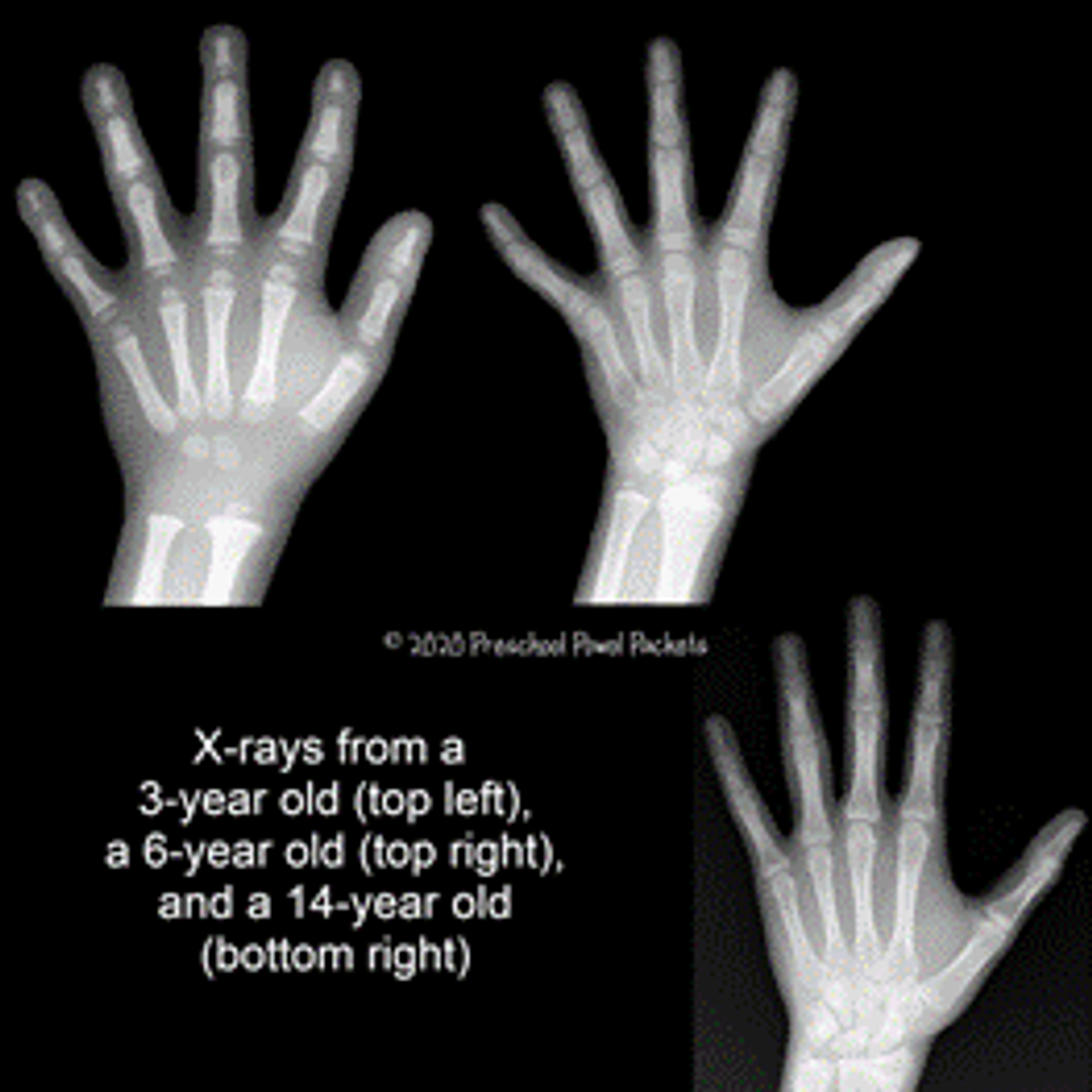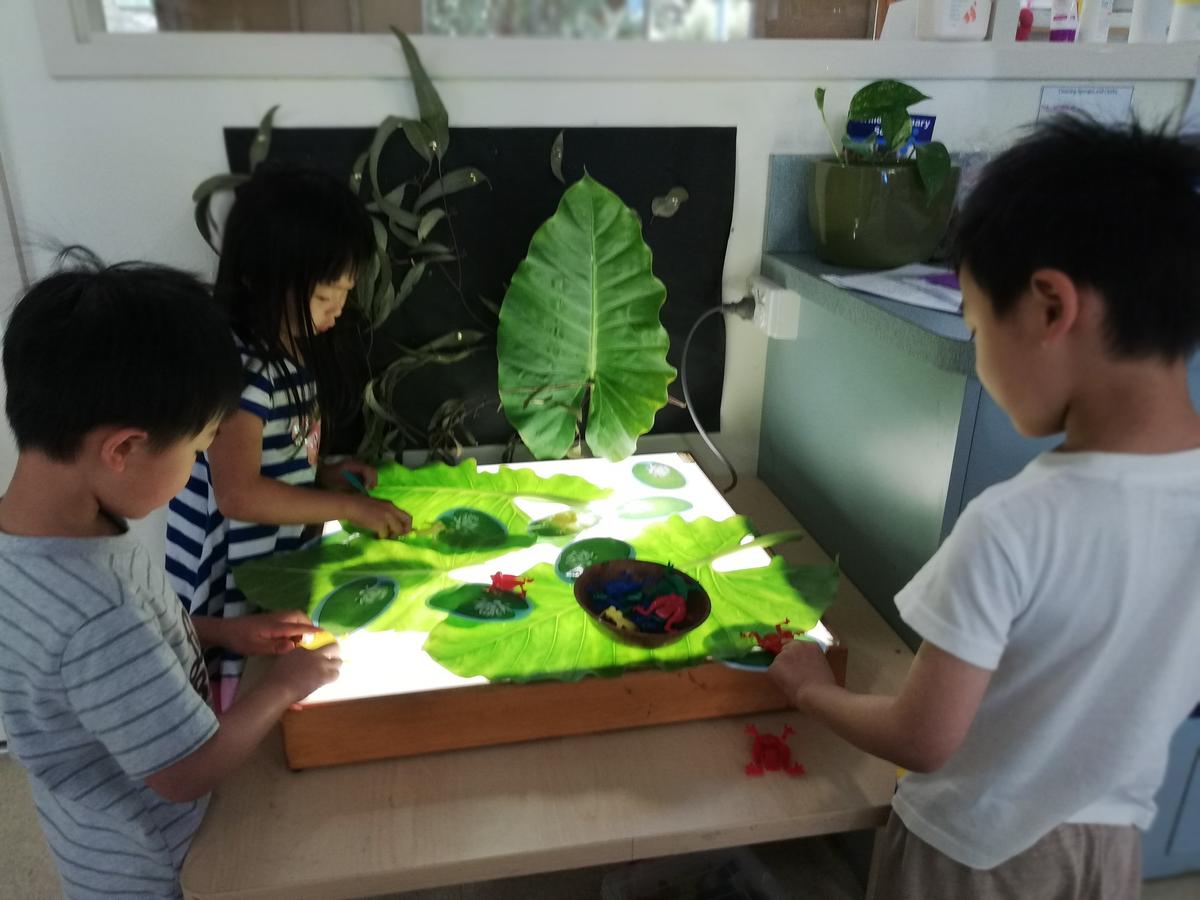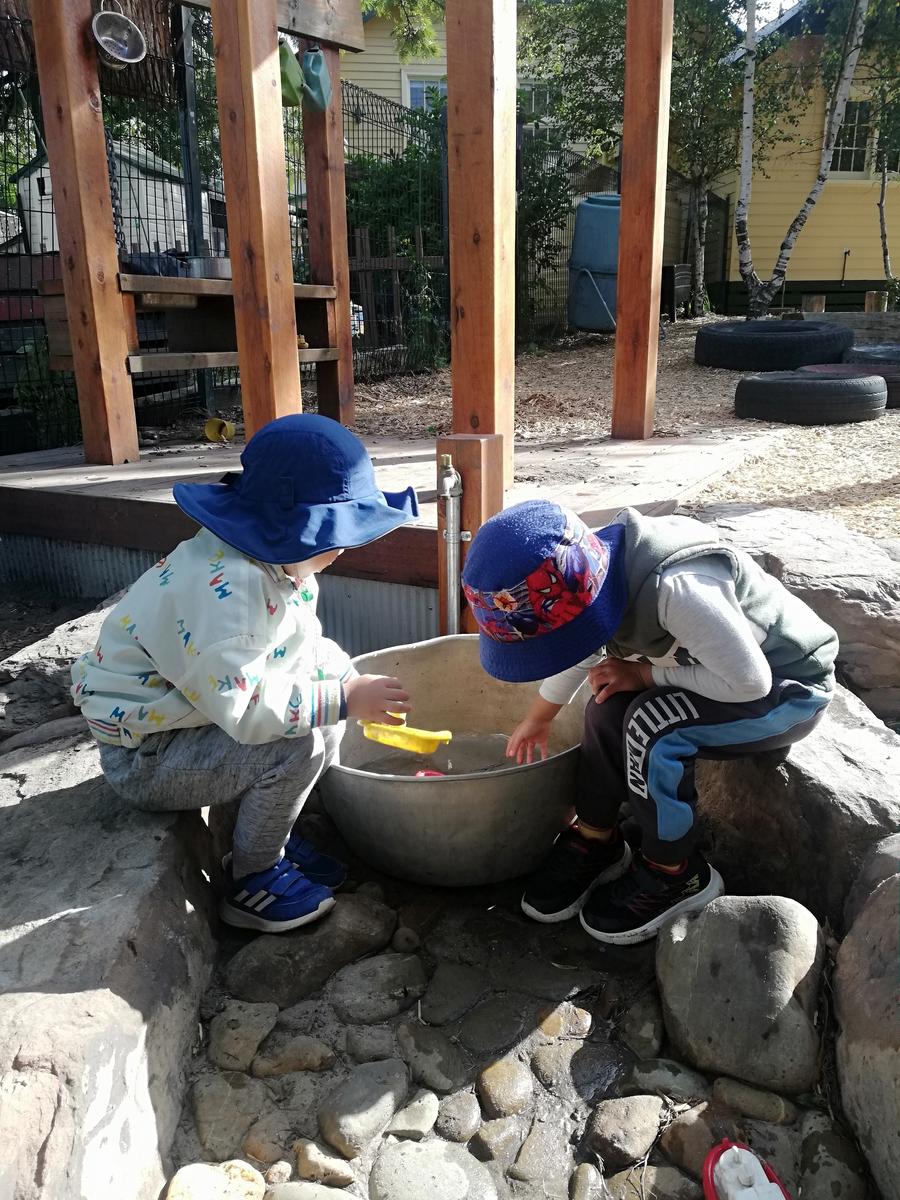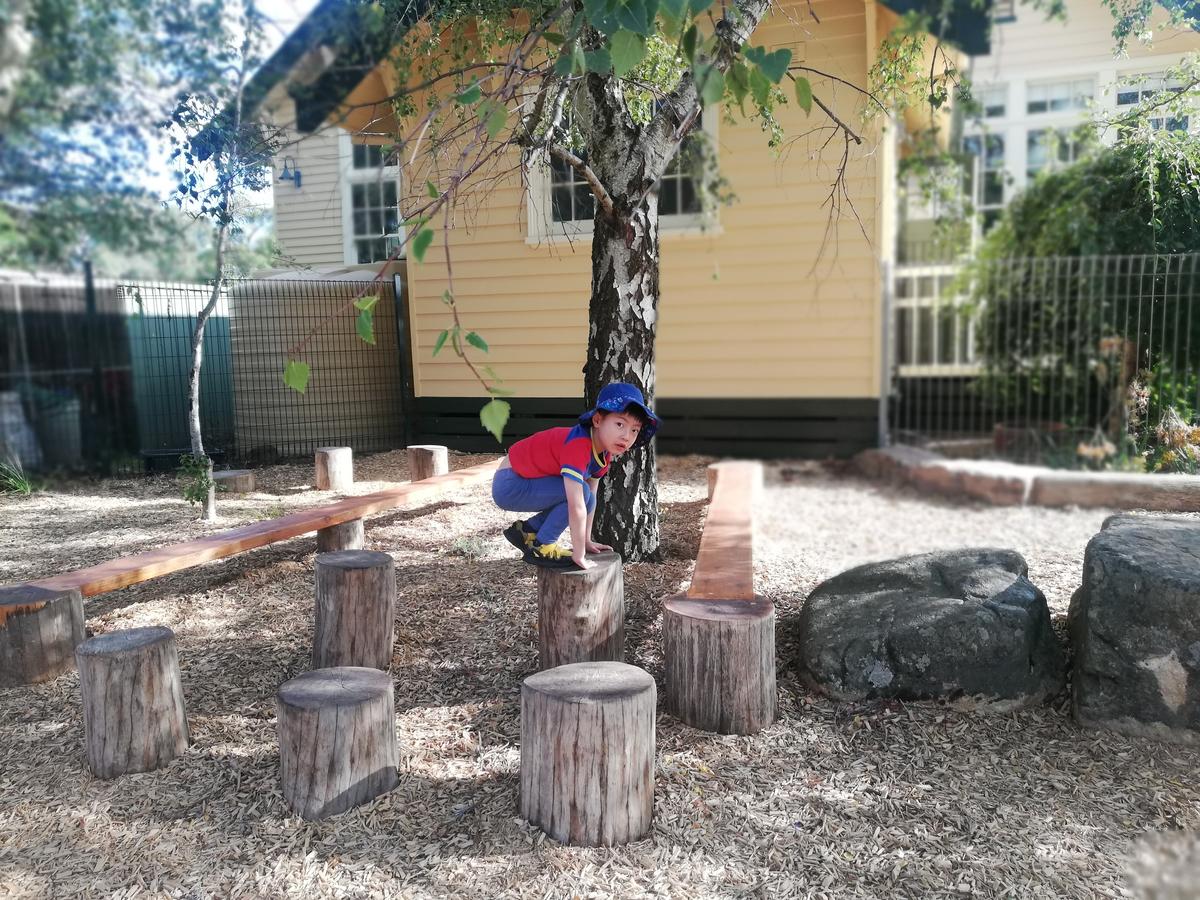Important Dates
Monday 13th March – Labour Day Public Holiday (Kinder closed).
Friday 17th March - Waratah Incursion (details to come)
Wednesday 29th March - Lasiandra Incursion (details to come)
Thursday 6th April - Last day of Term 1
Dear Families,
We are so impressed with how the children are settling in to kinder. The teachers are all reporting that the children are becoming more independant each day and managing themselves during routine times.
REMINDERS:
- Please remember to only pack water for the children to drink during the day. No juices or cordials please.
- If you are running late to pick up your child at the end of session, please call the kinder to let the teachers know so they can put your child at ease and know when to expect you.
- We are a nut free environment, so please ensure no nuts are packed in lunch boxes. Due to individual children's diagnosis', we also ask that no whole eggs are brought in for the 3YO room and no prawns in the 4 YO room.
Interesting materials wanted
Many of our children love to spend time creating at our making table recycling materials and loose parts in their imaginative creations. We go through these materials quite quickly and would like to ask for your help in collecting clean, reusable waste items from home, that children can use to create! This is a great way to teach children about sustainability, where materials come from and the importance of recycling/reusing/upcycling where possible.
If you are able to save and bring in to kinder the following items, there is a recycling station at the kinder entry where you can drop them off:
bottle lids, ribbons, corks, small fabric offcuts, buttons, beads, wool, cardboard cylinders, small boxes (preferably small boxes due to our storage space and remember, they will probably return home glued together :D) and anything really that is clean/safe/interesting that can be re-used.
3YO Kinder Kits
All children enrolled in a funded 3 YO Kindergarten program in 2023 received a Kinder Kit. These were handed out to families at interview days.
Kinder Kits are activity boxes filled with educational books, toys and activities made especially for three-year-olds to enjoy at home. You can learn more about your Kinder Kit at www.vic.gov.au/kinderkits.
Everything inside the Kinder Kits encourages creativity and open-ended play. The box includes great books by Australian authors, toys and activities by local Victorian designers and businesses, tips and ideas to help you engage with the Kit and your child’s learning. It also unfolds to become a play space with a whiteboard and markers.
We hope you and your child enjoy exploring the contents of the kits and continue learning through play at home.
Uniform Update
I apologise for the long wait on bucket hats that have been ordered. Unfortunately the supplier had a lot of challenges with delivery of the items. They should be arriving soon and we promise to get them out to you as soon as possible.
Self Helps Skills
Children have a drive to be independent and do things on their own. This is a healthy part of normal child development. As children grow, they learn to do more and more tasks.
We can help young children become independent by allowing and encouraging them to take responsibility for themselves whenever possible. It can be faster and less messy to do things for children, but they learn so much from doing things for themselves. When children practice self-help skills such as feeding and dressing themselves, they practice their large and small motor skills, gain confidence in their ability to try new things and build their self-esteem and pride in their independence.
There are four main types of self-help skills:
- Self-feeding. The best way to build independent feeding skills is to learn the normal developmental stages of self-feeding. Encourage children to practice feeding themselves from infancy on. Finger foods are great for young children to independantly feed themsleves. Let children be as independent as possible during mealtimes. Give them the tools they need to be successful. Please send easy to open containters for your child and practise together at home how to open and close containers. Encourage children to try for themselves but provide help and encouragement when needed so they don’t get frustrated.
- Independent dressing and grooming. Encourage children to dress and groom by themselves; just provide minimal assistance. Encouraging them to help pull socks on and off, pulling their own pants up or down during toiletting.. As children get older, encourage them to dress themselves but help with challenging steps such as zipping and buttoning. Remember undressing is easier to master first, taking a jumper off is easier than removing it, praise these efforts to build confidence to attempt the more challenging step.
- Hygiene and toileting . Look for signs of readiness for toileting. Encourage children learning to use the toilet to climb on and off the toilet seat, pull clothing up and down, and wash their hands independently. Encouraging children to take care of everyday hygiene routines and to use the toilet independently helps them learn how to become more independent and self-sufficient, and frees up yours and the educators time to help children with other activities.
- Helping with daily chores like table setting and picking up toys. Encourage children to help with clean-up early on. Give children responsibility for placing utensils and plates on the table. Encourage children to begin clearing their own plates. with a towel handy, they can also washup their own plates and bowls given the opportunity. When children are involved in regular chores starting before the age of 4, they tend to be more independent in early adulthood than children without the experience of helping out.
Self-help skills are worth the time and effort. The secret to success is to give children age-appropriate experiences and provide the appropriate supports to help children be successful. We can offer opportunities for children to develop self-help skills and give them ample time to work on these important tasks. Remember that adults are important role models. We model self-help skills; children learn a great deal from watching us, both here at Kinder and at home.
Hand Development
Did you know that a 3-year-old (top left image) and a 6-year-old (top right image) have significantly different skeletal structure in their hands?! Notice the bones in the wrist of the 3-year-old -- many of them are still mostly cartilage! Look at all the spaces in between the bones where muscles and tendons will change through the years. Even the difference between a 6-year-old and a 14-year-old (lower right) is huge!
Pre-schoolers have SO much development to do before they can write the way school-aged children or adults can!
While they are growing, strengthen those little bones and muscles! Here are some great pre-writing, muscle-strengthening activities:
* painting, drawing, colouring
* playdough
* tearing, cutting and gluing
* poking holes in things (try toothpicks and paper!)
* digging in dirt
* building with LEGOS, marble runs, or other blocks
* beading (try beads, cut straws)
* puzzles
* squeezing (try stress balls, squeezing water in a sponge)
* picking up and throwing balls (use different sizes!)


